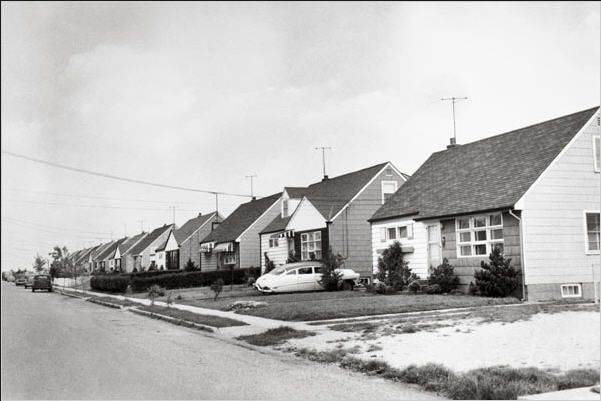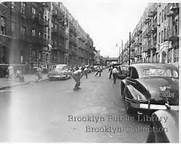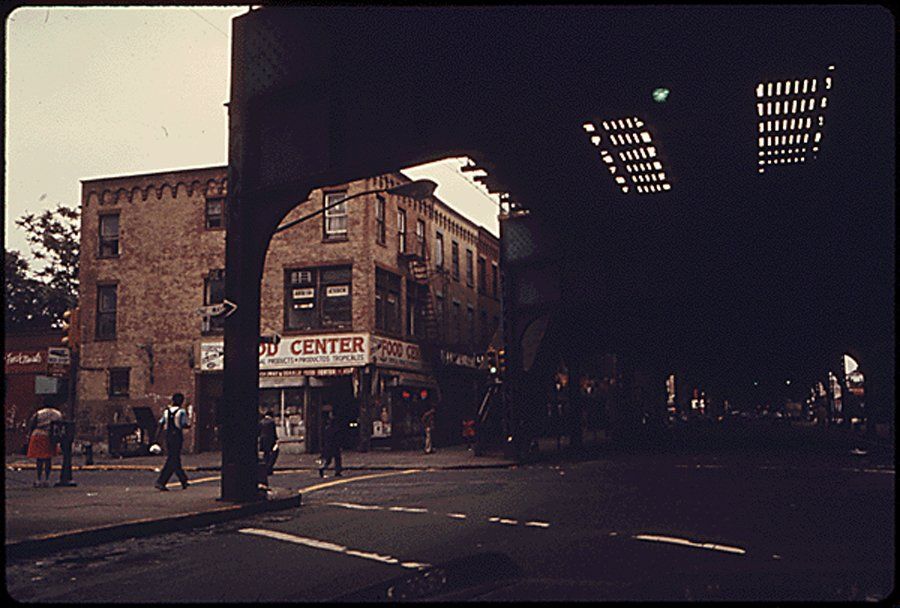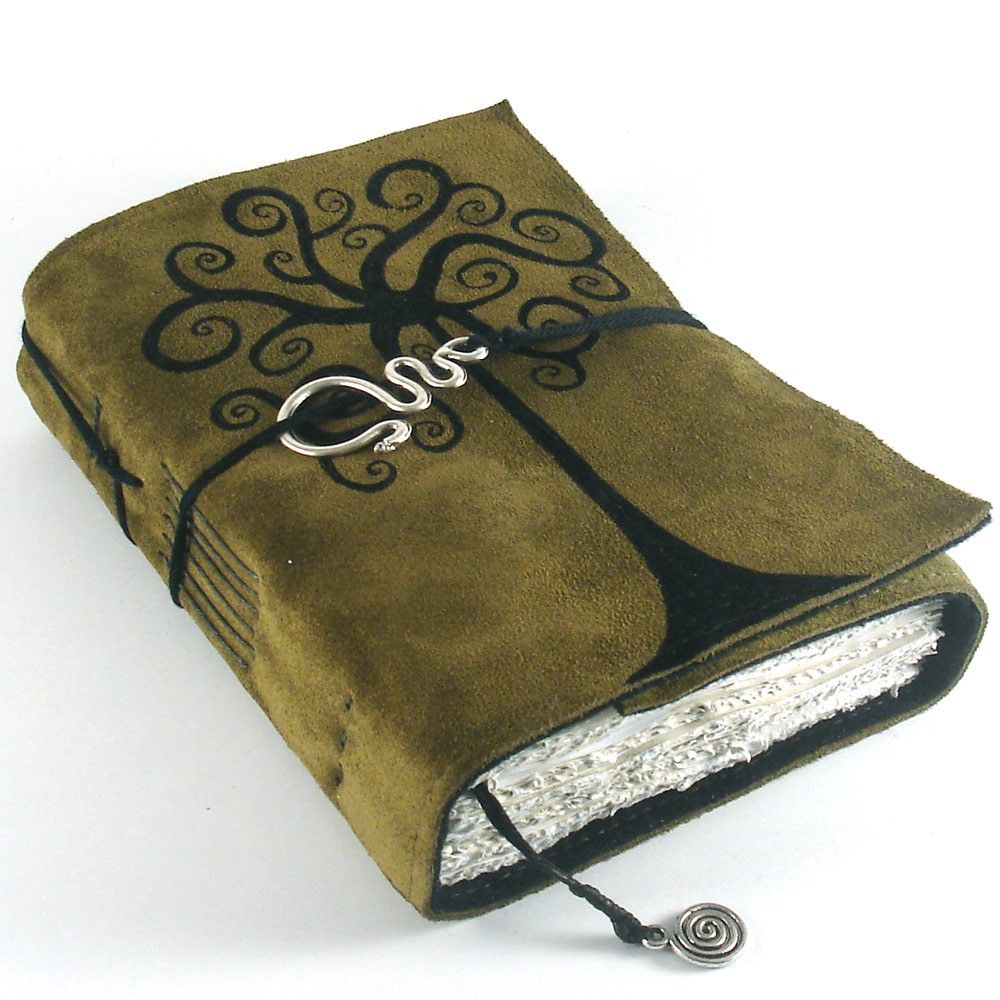The inauguration speech the president delivered was as eloquent as usual, it still lingers. I’ve reread it several times now and continue to be absorbed by this passage;
.
We, the people, declare today that the most evident of truths — that all of us are created equal — is the star that guides us still; just as it guided our forebears through Seneca Falls, and Selma, and Stonewall; just as it guided all those men and women, sung and unsung, who left footprints along this great Mall, to hear a preacher say that we cannot walk alone; to hear a King proclaim that our individual freedom is inextricably bound to the freedom of every soul on Earth.
.
Drifting back into my own early history there were some significant markers, profound and perception altering events that would rearrange everything I knew, memories that remain vivid to this day. I’d like to tell these stories from the perspective of the kid I was then, try and recreate the time and the place and the mood.
I was born in 1955.
.
.
It’s been fifty years now but I remember with detailed clarity her crisp navy blue dress, bright white ankle socks above shiny black, patent leather shoes, two red hairbows and wide bright eyes that matched an almost illuminated smile.
She stood alone silhouetted against the green chalkboard, having been abrubtly deposited like some specimen into our classroom by the school principal. Swaying slightly, her hands folded and relaxed she surveyed the room, slowly… waiting… stuck in the silence of an awkward moment.
We all were.
An unscheduled visit by Miss Winters, our perpetually unhappy principal was unnerving and her sudden appearance swept a silent communal guilt throughout the room, as if we had all done something wrong. She had that effect on everyone, especially in close quarters and within eyeshot of her withering stare.
This morning though, as the hydraulics of the heavy wooden door wheezed open against her shoulder, her entire body and expression seemed even more rigid than normal. Glaring, she walked back into the hallway and all we heard was the echo of her low pumps clop, clop, clop landing heavy on the hard linoleum floor. Miss Winters reemerged trailing a girl, ushering her through the door with her fingertips placed lightly on her shoulders.
‘This is your new classmate, Carol’,
Miss Winters spun on her heels and walked out without saying another word. I remember listening to her quick footsteps as they faded down the hallway, because that echo was the only sound in the world for what seemed like an uncomfortable eternity. Carol stood there, her genuine smile unwavering as she calmly looked at all her new classmates who were white, just like me. It was 1965, I was ten.
Carol was the first black person I had ever seen.
.

.
My two kid, two cars in the driveway family lived in Hempstead, Long Island on a plowed under potatoe farm. It was the single family home, tract development a certain Mr. Levitt specialized in, he became a very wealthy developer paving over paradise. Except for the addresses, assorted trim colors almost every house was identical and almost every family had two kids and two cars.
We were all white.
We might be shopping for our groceries at King Kullen, playing at the town park, at church or munching on burgers, fries and trying to suck our shakes through a straw at ChooChoo Hamburger, everyone I ever met or encountered was white. Folks on my block didn’t talk about religion and there were no foreign languages spoken either. My dad spoke fluent Italian to his parents but would never utter a word of it at home, he was American. Our family was sometimes Catholic and I had Jewish and Protestant friends on my block as well. As kids, our religion was only problematic when the best players on our Little League team couldn’t show up for an early Saturday game.
Of course as a kid, I had no concept of the sheltered life I was living, how cloistered and insulated my environment was. My uneducated parents did a poor job of explaining how the world was, beyond the borders of our neighborhood and why would they; they had attained suburban nirvana.
Even among my peers, I was alarmingly naive for my age.
This innocence and my all white worldview would face a head on collision in two years, when my parents divorced and my sister, my mom and I were suddenly sent packing back to Brooklyn.
.

.
I was born in Brooklyn and in an ironic cross commute, now lived where many middle class white families no longer wanted to. Those who lived in the five boroughs and who could afford to, fled to Long Island.
Bedford Stuyvesant was no ordinary neighborhood and this was no ordinary time in our history, it was then, 1967. What I experienced as a naive kid in Brooklyn, how it felt to be overnight poor and on welfare because my dad never paid child support, how events and my new environment altered my life, helped reshape my worldview, is fodder for some of the stories I’d like to tell in this series.
.

.As a shy kid who dreaded doing anything in front of the class, I kept wondering how Carol could remain so calm, because she did. To her great credit, our teacher who was not given prior notice that Carol was arriving, saved the moment. She asked if anyone in the front two rows would be willing to give up their desk and at least half the kids raised their hands. We spent the next hour helping each other get situated.
As it turned out, Carol was not only smart, quickly getting straight A’s on her report cards, she was musically gifted too. Her weekly show and tells were always about classical composers and a small piano would be rolled into our room for her to perform. She became the official pianist at all our assemblies, playing America the Beautiful as we all sang along.
At our lunch table one afternoon, she began to talk about where she lived and the school she attended before attending ours. It was then that we found out that she had already graduated the fifth grade but Miss Winters refused to accept the transcripts, despite the pleas by her parents.
.

.
It’s been fifty years now but I still remember with detailed clarity the feeling of wrong, that darkened my innocence that day.
.

18 comments